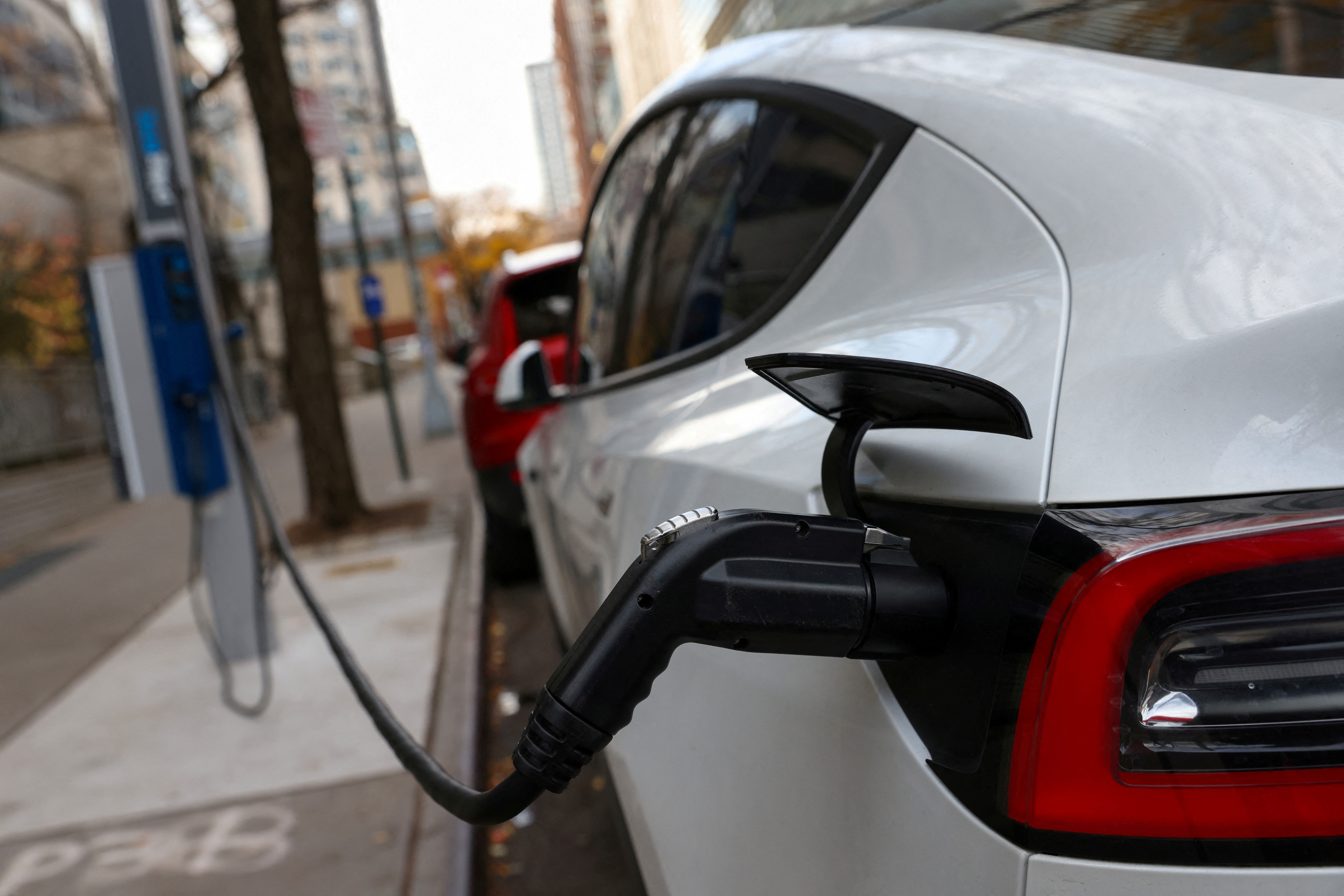Expanded EV Charging Tax Credit: Maximum Amounts and Eligibility Explained
Determining Eligibility for the 30C Tax Credit: Using the Mapping Tool and Consulting Professionals
According to electrek, US Treasury Department has shared new guidelines for the EV charger tax credit, which can be useful during tax season. The Inflation Reduction Act from August 2022 allows individuals and businesses to get a 30% tax credit on the cost of qualified EV charging equipment. Now, the credit applies to each charger separately, not just the entire site. The maximum credit amounts increased to $1,000 for home chargers and $100,000 for business properties, starting January 1, 2023. Even organizations like governments and tax-exempt ones can enjoy this credit by directly paying it.
The latest guidance from the IRS emphasizes the importance of being in an “eligible census tract” to qualify for the 30C EV charging tax credit. These tracts are defined as low-income communities or non-urban areas. According to the White House, approximately two-thirds of Americans reside in eligible census tracts, making them eligible for the tax credit. To assist individuals and businesses in determining their eligibility, the US Department of Energy and Argonne National Laboratory have released a mapping tool. However, it’s essential to note that this tool is not formal IRS guidance, so consulting with a tax professional for confirmation of eligibility is advised before filing taxes.
READ ALSO: Extra Cash In Your Social Security Payment – SSA Surprise This Week!

US Treasury Releases Guidance on Tax Credit Qualifications – What You Need to Know?(PHOTO: getty images)
Albert Gore III on the 30C Tax Credit: A Key to Electric Vehicle Adoption
Albert Gore III, from the Zero Emission Transportation Association (ZETA), underlined the importance of the 30C tax credit in shifting the US towards electric vehicles. With 170,000 public EV chargers currently available and a target of 500,000 public chargers by 2030 as per the Biden Administration, efficiently using the 30C tax credit is vital. Gore stressed that this significant goal can be achieved and electric vehicles can be adopted nationwide by effectively utilizing the tax credit.
READ ALSO: With A $9.3 Million Federal Boost, Los Angeles Intensifies Its Fight Against Homelessness




![Tyson Foods Plant [Photo: Food Manufacturing]](https://southarkansassun.com/wp-content/uploads/2023/08/iStock_1185520857__1_.5e441daa51cca-600x337.jpg)








![Silverado Senior Living Management Inc. [Photo: Los Angeles Times]](https://southarkansassun.com/wp-content/uploads/2023/10/download-6-4-600x337.jpg)

![China's Wuhan Institute of Virology [Photo: Nature]](https://southarkansassun.com/wp-content/uploads/2023/09/d41586-021-01529-3_19239608-600x337.jpg)















